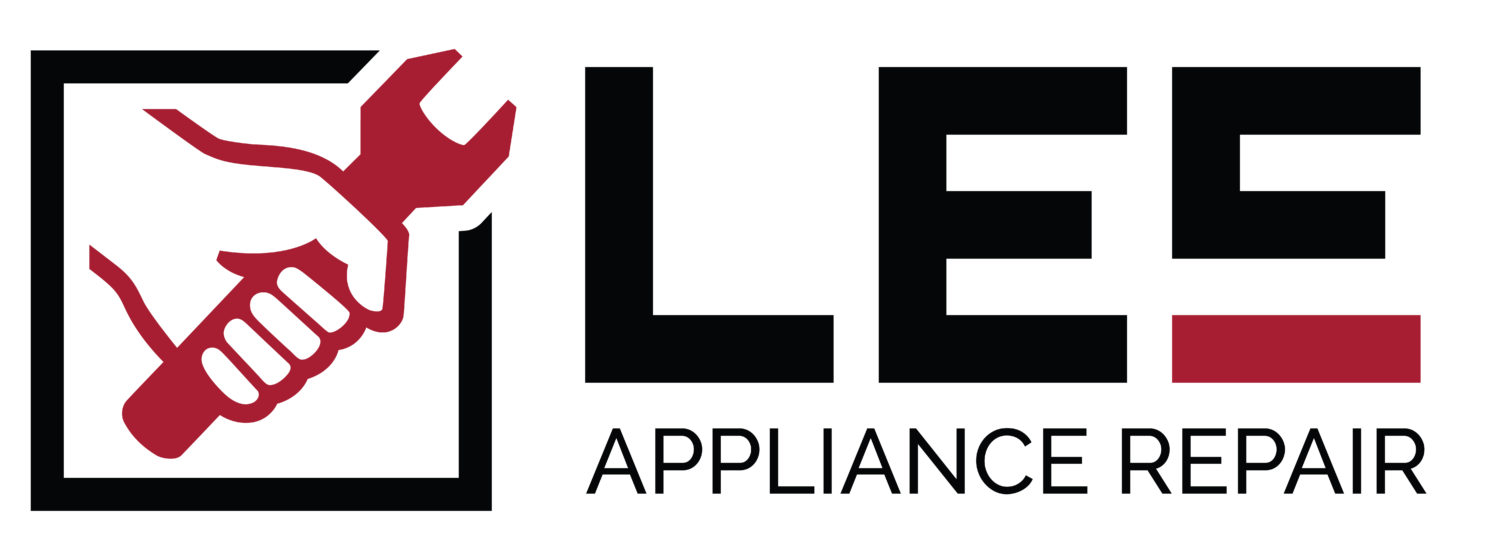Appliance Safety Tips
The appliances inside of a house can make your life less stressful, but if you use them unsafely, they could produce noticeable health risks. It is important to care for your appliances and ensure that they do not turn into dangers by adhering to these home appliance safety recommendations from Lee Appliance Repair.
The tips in this post will help to prevent fires and injuries related to broken kitchen appliances. However, hazards might still occur. If an appliance has problems or begins to malfunction and becomes a safety concern, reach out to a professional appliance repair CITY.
GFCI Outlets in Damp Locations
Laundry rooms, kitchens, entry ways, basements, bathrooms, outdoor areas and garages can be susceptible to wetness or water. Of course, electricity and water don’t go together, that means power cords and wires should always be plugged into GFCI outlets.
This can prevent electrocution by tripping the circuit if any interruptions in electricity are detected.
If you do not currently have GFCI outlets in damp locations around your house, it is time to install them or call an electrician in CITY. Once that is done, for additional safety, follow the warnings of manufacturer appliance manuals that note that they are not designed for outdoor use.
Wires, Electronics & Outlets Far Away From Damp Areas
Several appliances are specially built for the outdoors, like barbecue grills, for example. If you have electrical appliances outdoors – including refrigerators, dishwashers, freezers and ice makers, power tools and others – ensure that all of the cords and outlets are 100% dry. Weatherproof electronics help, combined with GFCI outlets with gaskets that are water-tight.
Extension Cords are Only a Momentary Solution
Extension cords pose many risks, this includes:
The chance for a loose connection that might create sparks and start a fire.
The possibility of power inconsistencies that can break the appliance.
Increased vulnerability to water penetration that could lead to electrocution.
The probability of cords overheating and becoming a fire hazard when an low-quality extension cord is paired with a high-power appliance.
When determining an extension cord for limited-time use, ensure it’s the right gauge for the electrical tool in question. The smaller the gauge, the greater the wire size. For instance, a basic household extension cord for a lamp may have a 16-gauge wire while a larger cord for a AC unit requires a 12-gauge wire.
The length is also important. The longer the cord is, the more electricity is lost enroute, something referred to as voltage drop. Shorter cords are advised for power tools and similar outdoor equipment.
Always Read the Manual for Any Appliance You Purchase
It’s simple to guess that you know how to operate your brand new dishwasher or washing machine without consulting the manual, but consulting the guidelines is important for a lot of reasons:
You will find out if your house’s wiring is sufficient to power the appliance. You may have to install a new circuit to stop overloading any existing ones.
You learn more about complicated features you wouldn’t have otherwise have known about.
You discover if the appliance is OK for outdoor locations or not.
You don’t have the frustration that can come from attempting to run a appliance with no instructions!
Unplug Small Appliances in Your Home When Not Being Used
You are able to reduce unnecessary energy usage by unplugging small appliances when not in use. The reason is small appliances sometimes include LED indicators, timers and other energy-consuming features while in standby times.
Unplug televisions, computer monitors, routers, video game consoles, cellphone chargers and more to limit wasteful energy usage. But remember, it’s worthwhile to keep DVRs and similar items plugged in to prevent missing out on their background features.
For more tips on using home appliances safely, or to schedule a local appliance repair service, please contact Lee Appliance Repair. We can fix all major household appliances!
OTHER RESOURCES:
Appliance Repair Cost
DIY Appliance Repair Tips
Repair or Replace Appliances
Refrigerator Parts
Home Services Campaign Disclaimer: This site is a free service to assist homeowners in connecting with local service providers. All contractors/providers are independent and this site does not warrant or guarantee any work performed. It is the responsibility of the homeowner to verify that the hired contractor furnishes the necessary license and insurance required for the work being performed. All persons depicted in a photo or video are actors or models and not contractors listed on this site.
Copyright ©2025 Lee Appliance Repair
